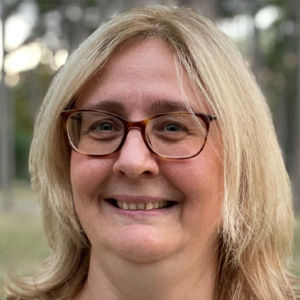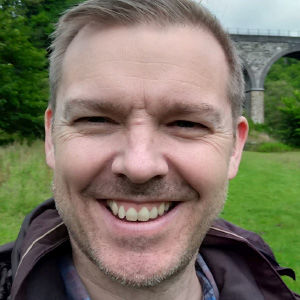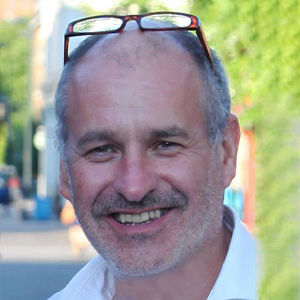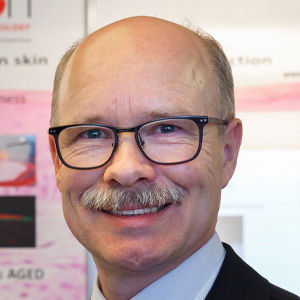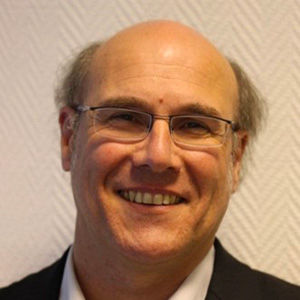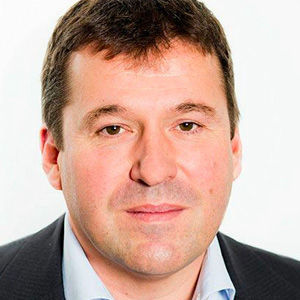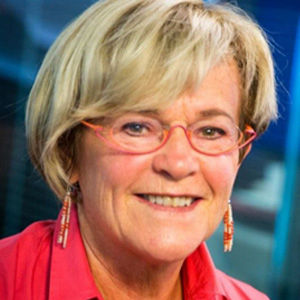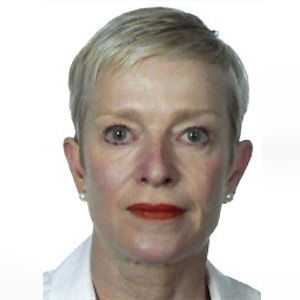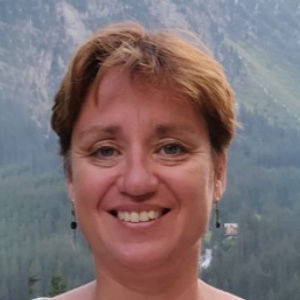Our Lecturers
nothing but the international experts in their field of expertise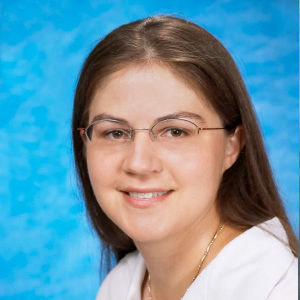
Dr. Susanna Brink
Procter & Gamble (DE)
After graduating Susanna worked for 3,5 years as Research Accociate (Post Docorate) at the Karlsruhe Institute of Technology under Direction of Prof. Dr. Jean Marie Lehn (Nobel prize winner) on the topic of Supramolecular chemistry and Nanorobotics. She then received a job offer from Procter & Gamble in Schawalbach, Germany and started 2006 as Material Developer for poly films and super absporbers. In 2010 she took over the position as Clinical Scientist and since then leads the clinical operations and skin lab in Schwalbach for BabyCare and Femcare. She has established herself as international expert on infant and baby skin and has published 6 papers on the topic. In her company she is seen as a leader in clinical method development and digitalization of clinical methods. She is also Clinical Evaluator according to the Medical Device Regulation for Medical Devices in the paper sector of Procter & Gamble.
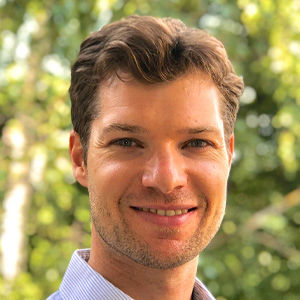
Dr. ir. Chris Callewaert
Ghent University (BE)
Dr. Chris Callewaert holds two masters and a PhD from Ghent University, Belgium. He was teaching assistant and did his PhD at the Center for Microbial Ecology and Technology at Ghent University, Belgium. He then became postdoctoral researcher at the Rob Knight lab at University of California, San Diego, USA. Now he is a Senior Postdoctoral Research fellow of the Research Foundation Flanders (FWO) at Ghent University, Belgium. He studies the skin microbiome and metabolome and is specialized in body odor in relation to the bacteria in the armpits, clothes and washing machines. He is the first one to solve body odor by replacing bacteria of smelly people with those of non-smelly people. He has conducted several clinical trials in this area and has developed a bacterial spray that solves underarm malodor. He is guiding 2 PhD students, 1 post-doctoral researcher and 4 master students. During the corona pandemic, he has also trained sniffer dogs to detect COVID19 infection from people’s sweat, with >95% accuracy. His research led to >30 peer-reviewed publications and was presented at countless international conferences. In 2016 he was nominated for the election of the most talented young researcher in Flanders and the Netherlands, organized by "New Scientist". He was awarded by the King Baudouin Foundation and the Belgian American Educational Foundation. His research has been featured many times in the media, among which CNN, BBC, FOX, NPR, Huffington Post, Washington Post, The Times, etc. For his efforts in science communication, he was awarded the 'Academy prize for science outreach' by the Royal Flemish Academy of Belgium for Science and the Arts in 2015. He presented a TEDx talk and results of his research can be found on www.DrArmpit.com.
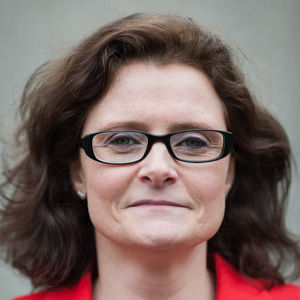
Prof. Kristien De Paepe
Vrije Universiteit Brussel (BE)
Kristien De Paepe (16/11/1970) graduated as PharmD, PhD and became full professor in 2018. Her research focuses on the skin barrier and the development and efficacy evaluation of new dermato-cosmetic application forms. As a senior academic staff member, she teaches various lectures including Pharmaceutical dosage forms and Technology and Topics in pharmacy practice training and medical devices. For 25 years, she also worked part time as a community pharmacist. She is a teacher on training days for pharmacists, general practitioners and hospital specialists in training. She is a member of the Pharmacy Education Board and the Board of Directors of IPSA (Institute for Permanent Study for Pharmacists) and an executive committee (ExCo) member of EAFP (European Association of Faculties of Pharmacy) since May 2014. She is a substitute member of the Belgian National Council of Pharmacists and of the Scientific Commission for Medicines for Human Use. Between 2014 and 2016, K. De Paepe coordinated two Erasmus+ LLP (Livelong Learning Programme) projects: PHAR-QA (Quality Assurance in European Pharmacy Education and Training) and PHAR-IN (Competences for industrial pharmacy practice in biotechnology), funded by EACEA (European Education and Culture Executive Agency).
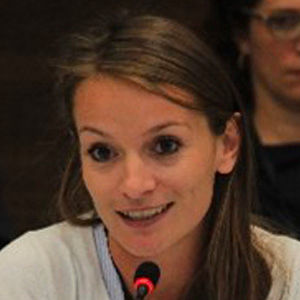
Mrs. Elsa Dietrich
Puig (ES)
Elsa Dietrich owns a Master of Political Sciences of the Sorbonne University. After several years working for the United Nations at the World Intellectual Property Organization (WIPO) and for the cosmetic company Elizabeth Arden, as International Regulatory Affairs Manager, she joined Cosmetics Europe in 2015 as International Relations Manager and worked with local authorities across the world to help develop local industries, support growth and in-market access and improve regulatory convergence in the world. Since 2020, she is the Regulatory Affairs Director of the Cosmetic company Puig and as such responsible of the regulatory compliance of all Puig product developments and placing on the market in the 150 countries where the products are distributed.
